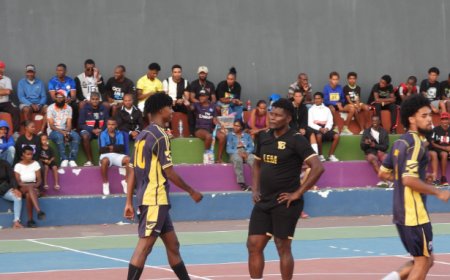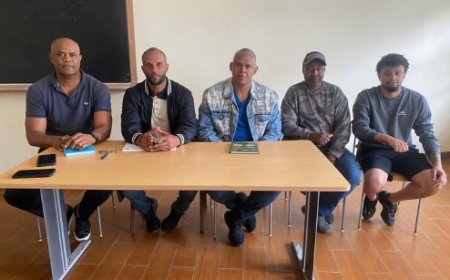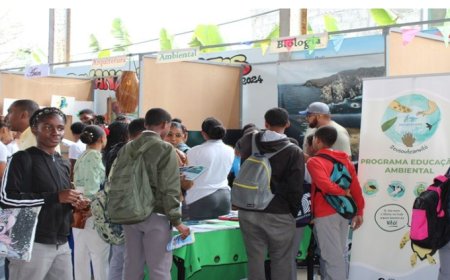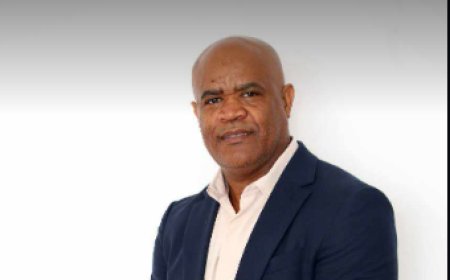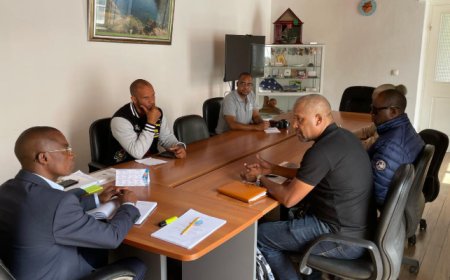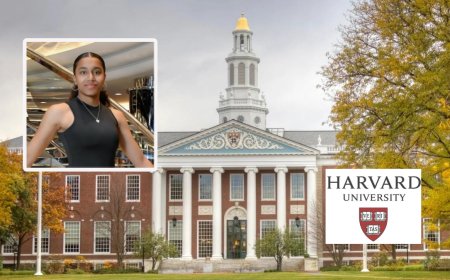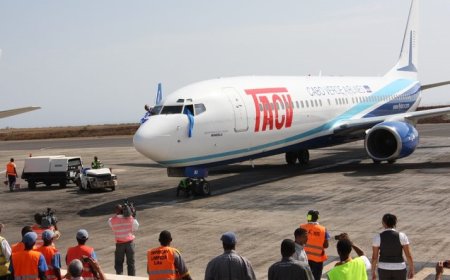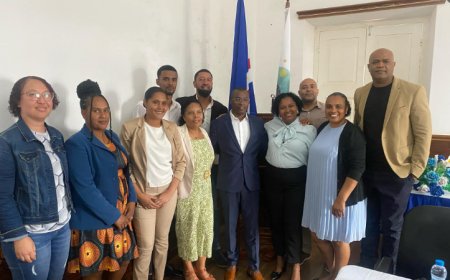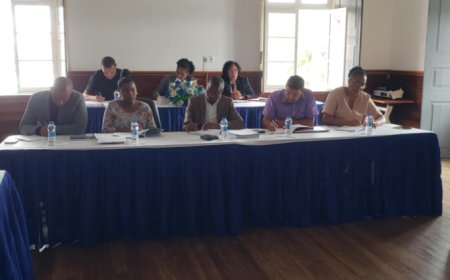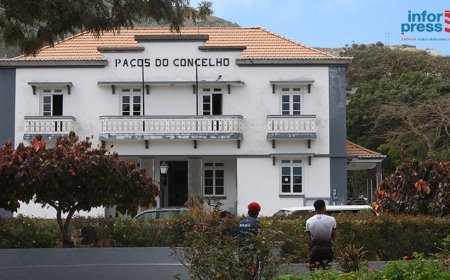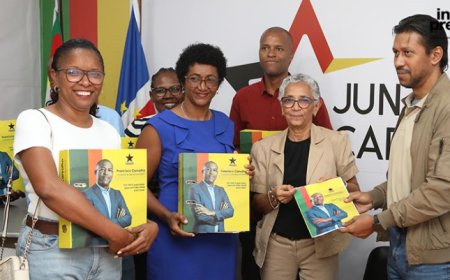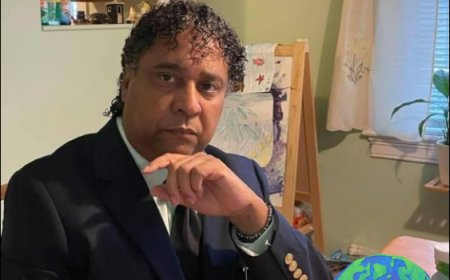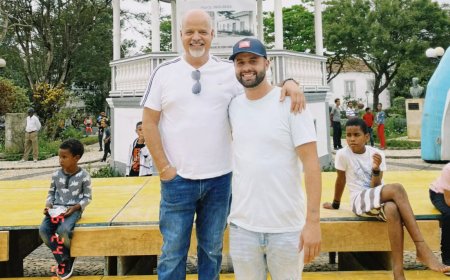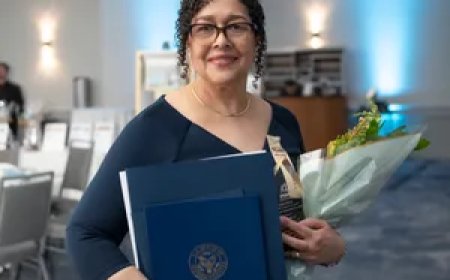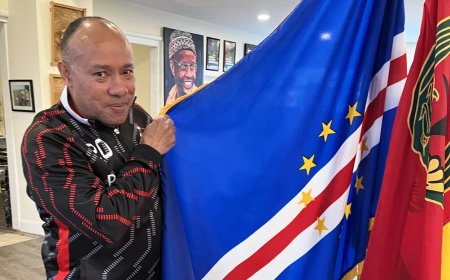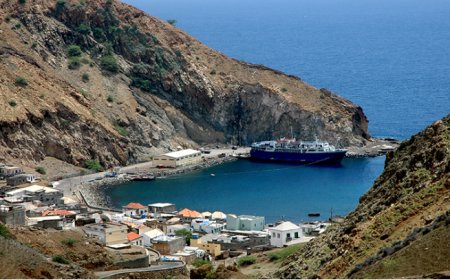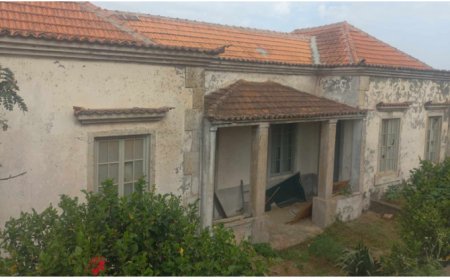Cape Verdean professor, João Resende-Santos, wins Fulbright scholarship to research US foreign policy on Portuguese decolonization in Africa
University professor João Resende-Santos, born in Cape Verde, won a Fulbright scholarship to research the US response to Portuguese decolonization in Africa. He will analyze archives in Lisbon to better understand American foreign policy during the Cold War. The Fulbright Scholarship is a prestigious academic exchange program.

Professor João Resende-Santos, born in Cape Verde and associate professor of International Relations at Bentley University, in the United States, has just been awarded the prestigious Fulbright U.S. Scholar scholarship for the 2024-2025 academic year.
Funded by the US Department of State, the Fulbright scholarship is a highly competitive program focused on academic and cultural exchange. During the scholarship period, Professor Resende-Santos will dedicate himself to research in Lisbon, Portugal, at the LusoGlobale Research Center at Universidade Lusófona. His focus will be on analyzing recently declassified archives to support his next book on US foreign policy in relation to Portugal's decolonization of Africa between 1950 and 1975.
For Professor Resende-Santos, the Fulbright scholarship represents a unique opportunity. "It is an honor to join the global network of Fulbright scholars, one of the oldest programs in the United States focused on cultural and educational exchange," he says. He credits his successful application to the support of Professor Juliet Gainsborough, head of the Global Studies department at Bentley University.
In addition to academic merit, the Fulbright scholarship has special meaning for Professor Resende-Santos due to his area of study. "The Fulbright program was created to promote peace between countries. Participating in it allows me to contribute to a little explored, but important, dimension of American foreign policy: 'soft power' and its global influence", he explains.
Professor Resende-Santos' research will focus on the US reaction to the liberation movements of the Portuguese colonies in Africa, which today are the independent countries of Angola, Mozambique, Guinea-Bissau, Cape Verde and São Tomé and Príncipe. “My project analyzes a neglected but crucial chapter of American foreign policy during the Cold War,” he highlights. He highlights that decolonization "triggered one of the longest proxy wars in history" between the US and the Soviet Union.
The professor believes that the Fulbright scholarship will be essential to access recently declassified documents that reflect the Portuguese perspective on decolonization. “By analyzing American foreign policy from an external perspective, we gain a more complete understanding of its formulation, impact, and results,” he says.
In addition to his academic career, Professor Resende-Santos has extensive experience as an international consultant in economic development, trade policies and entrepreneurship. He has collaborated with the United Nations, the African Development Bank and the World Trade Organization, among other organizations.
Recognizing the role of the African diaspora in the development of the continent, Professor Resende-Santos remains actively involved in educational and political activities in Cape Verde, his home country.





